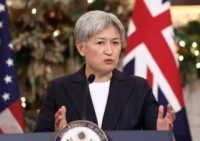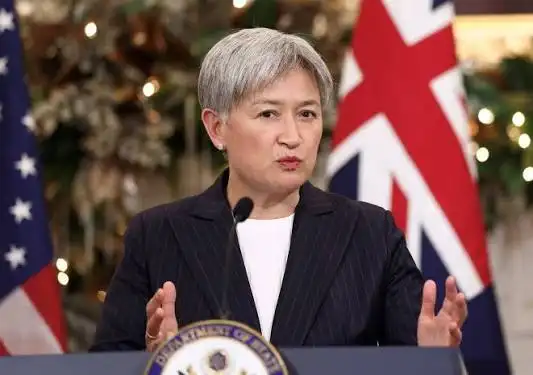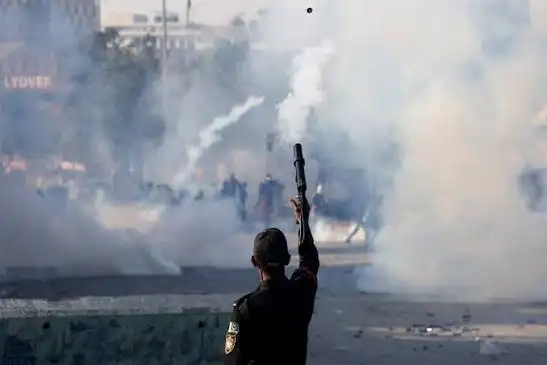Philippine Supreme Court unanimously declared the impeachment proceedings against Vice President Sara Duterte unconstitutional, citing a violation of the constitutional provision that prohibits multiple impeachment attempts against the same official within a single year.
This landmark decision effectively halted the Senate trial that had been set to commence, addressing allegations ranging from corruption to threats against President Ferdinand Marcos Jr.
The impeachment process began in February 2025 when the House of Representatives filed a complaint against Duterte, accusing her of misusing public funds, accumulating unexplained wealth, and making threats against the President and other officials. Despite the gravity of the charges, the Supreme Court’s ruling focused on procedural grounds, emphasizing the constitutional safeguard against repeated impeachment attempts within a year.
The Court’s spokesperson, Camille Ting, stated that the Articles of Impeachment violated this one-year rule, rendering the proceedings invalid.
In addition to the timing issue, the Supreme Court highlighted due process violations in the impeachment process. The Court emphasized that the Bill of Rights, particularly the due process clause and the right to a speedy disposition of cases, applies to the entire impeachment process. It specified that accused officials must be given evidence and a chance to be heard on the Articles of Impeachment and the supporting evidence prior to its transmittal to the Senate.
Vice President Duterte’s legal team welcomed the ruling, asserting that it upheld the rule of law and reinforced constitutional limits against the abuse of the impeachment process. They expressed readiness to address the allegations at the appropriate time and before the appropriate forum.
The Supreme Court’s decision also has significant political implications. With President Marcos unable to seek re-election due to term limits, Duterte is widely viewed as a strong contender for the 2028 presidential race. The ruling removes a major legal obstacle from her path, potentially reshaping the political landscape in the coming years.
While the Court’s decision does not absolve Duterte of the allegations, it underscores the importance of adhering to constitutional procedures in impeachment proceedings. The ruling also serves as a reminder of the judiciary’s role in upholding the rule of law, even in politically charged cases. As the political dynamics continue to evolve, the implications of this decision will likely influence future legal and political strategies within the Philippines.












Wow, this ruling is controversial! Do you think it sets a dangerous precedent for future impeachments? Lets discuss!
Wow, can you believe the Supreme Court ruling on Sara Dutertes impeachment? Crazy times were living in! Whats your take on this?
Wow, can you believe the Supreme Court ruling on Sara Dutertes impeachment? What do you think about this decision? Crazy times were living in!
Wow, can you believe the Supreme Court ruling on Sara Dutertes impeachment? What a twist in Philippine politics! Thoughts?